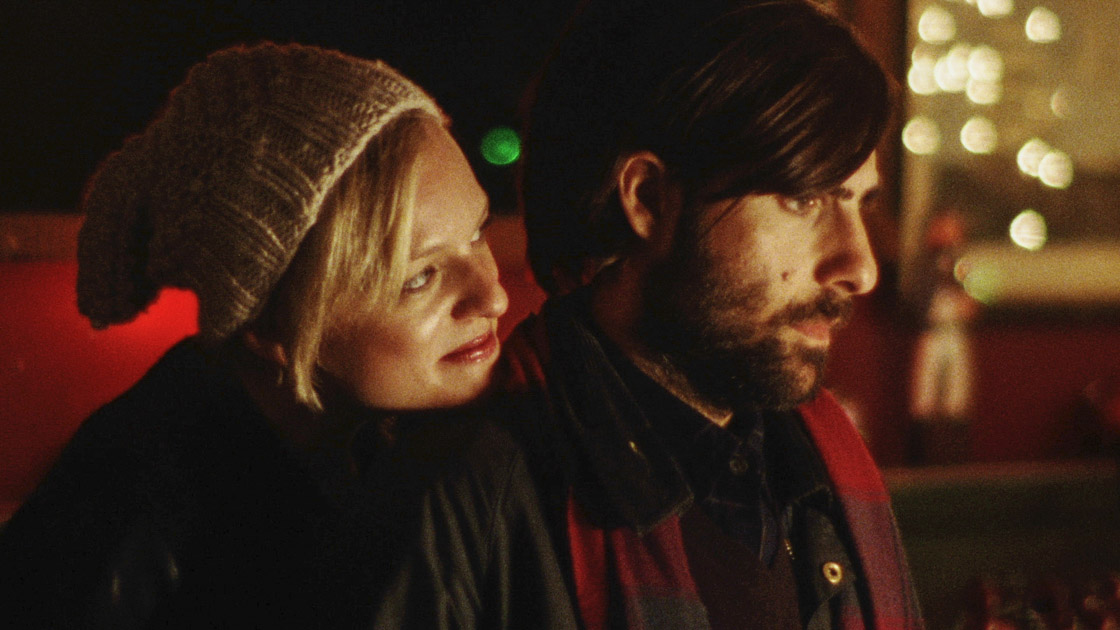By providing your information, you agree to our Terms of Use and our Privacy Policy. We use vendors that may also process your information to help provide our services. This site is protected by reCAPTCHA Enterprise and the Google Privacy Policy and Terms of Service apply.
Do All Cinematographers Really Want to Direct?

It’s a question that’s boggled my mind for some time, and maybe you too. Cinematographers are so ingrained in the fabric of the creative process of filmmaking — in many cases they will start on films in the pre-production stage — why aren’t more of them motivated (or given the opportunity) to direct?
Through the decades there have been the DP-turned-director shining beacons: Haskell Wexler (“Medium Cool”), Gordon Willis (“Windows”), Barry Sonnenfeld (“Get Shorty” and all the “Men in Black” films), Ernest Dickerson (“Juice,” “The Wire,” “Treme”). But there are so many more that haven’t taken the path (I always think what kind of film Roger Deakins would direct).
READ MORE: Jody Lee Lipes on Directing “Ballet 422”
After spending a few days corresponding with a couple of cinematographers, and one cinematographer-turned-director, I quickly found this is a topic that brings out passionate opinions, revealing career paths and hopes for the future. “I never wanted to be a DP,” Sean Price Williams wrote to me via e-mail, which immediately threw me back in my seat. If you’re a fan of independent film, you’ve likely seen Williams’ naturalistic work as a cinematographer: “Frownland,” “Beetle Queen Conquers Tokyo,” “Somebody Up There Likes Me.” The fact that such a talent didn’t instantly find interest in a camera from birth is shocking. In fact, Williams says the initial draw came from the titillating images he observed when watching a Truffaut classic. “I fell in love with the beautiful actresses I was seeing in film. I saw ‘Day for Night’ and learned that making movies was a way to access pretty ladies.”
 “When a French crew isn’t getting their cigarettes and coffee injections, they are a pretty unpleasant group,” he says.
“When a French crew isn’t getting their cigarettes and coffee injections, they are a pretty unpleasant group,” he says.
Since then Williams has taken his hunger to direct into his DP work. He highlights his time as an archivist for Albert Maysles for a few years as a defining moment in his career. “It taught me a method of directing through the camera in non-fiction that I try to adapt in my work sometimes. As long as it isn’t intrusive.”
That striking method can be found in films he’s shot for Robert Greene (“Kati With An I,” “Fake It So Real”) and Alex Ross Perry (“Impolex,” “The Color Wheel,” the upcoming “Listen Up Philip”), to name a few. But not all DPs have a frustrated director buried inside them.
Bradford Young, like Williams, is an in-demand cinematographer who has brought a lush visual style to films like “Ain’t Them Bodies Saints” an “Pariah.” However, he’s just fine with his current job title.
“People assume cinematographers get bored of shooting and that directing seems like the next natural progression. I really never have had any interest in directing,” he told me a few weeks ago.
One reason, he says, is because he’s not finished figuring out his craft and has methods and techniques he still wants to implement. But when I brought up my theory that DPs don’t want to direct because they see first hand how challenging it can be to, he concurs.
In fact, its a conversation he had recently with director Ava DuVernay for the film he’s shooting for her, Selma. “I see Ava on ‘Selma’ just basically, outside of working with actors, doing the stuff in the background that I just don’t have the genetic psychological makeup to handle,” he admits. “Dealing with the studio or producers or bond company, I just don’t have it. Also with the job profile, working so closely with directors, I respect it and I know it isn’t just I’m going to go out here and sit in my director’s chair and make it look sexy. There’s also a lot of stuff that I’m just not privy to because directors that are great directors are going to protect me from it.”
READ MORE: 9 Cinematographers You Should Follow on Instagram
 Though it seems Young has made it clear in the industry he has no interest in directing, that doesn’t stop the offers. “I just got that recently, [someone asked] ‘do you want to direct?’ I’m like, the day this cinematography thing stops challenging me is the day I grow my hair long and head off and live on a farm.”
Though it seems Young has made it clear in the industry he has no interest in directing, that doesn’t stop the offers. “I just got that recently, [someone asked] ‘do you want to direct?’ I’m like, the day this cinematography thing stops challenging me is the day I grow my hair long and head off and live on a farm.”
READ MORE: How Cinematographer Bobby Bukowski Shot Five Films in 18 Montes
 “I like being in charge and ultimately responsible and love being the central creative leader,” he writes to me in an email. But Fine warns the DP-turned-director, because of your previous trade you’ll be ridiculed more for the visual look of your film than most.
“I like being in charge and ultimately responsible and love being the central creative leader,” he writes to me in an email. But Fine warns the DP-turned-director, because of your previous trade you’ll be ridiculed more for the visual look of your film than most.
Read the original post at Tribeca Film Institute here.
By providing your information, you agree to our Terms of Use and our Privacy Policy. We use vendors that may also process your information to help provide our services. This site is protected by reCAPTCHA Enterprise and the Google Privacy Policy and Terms of Service apply.

















